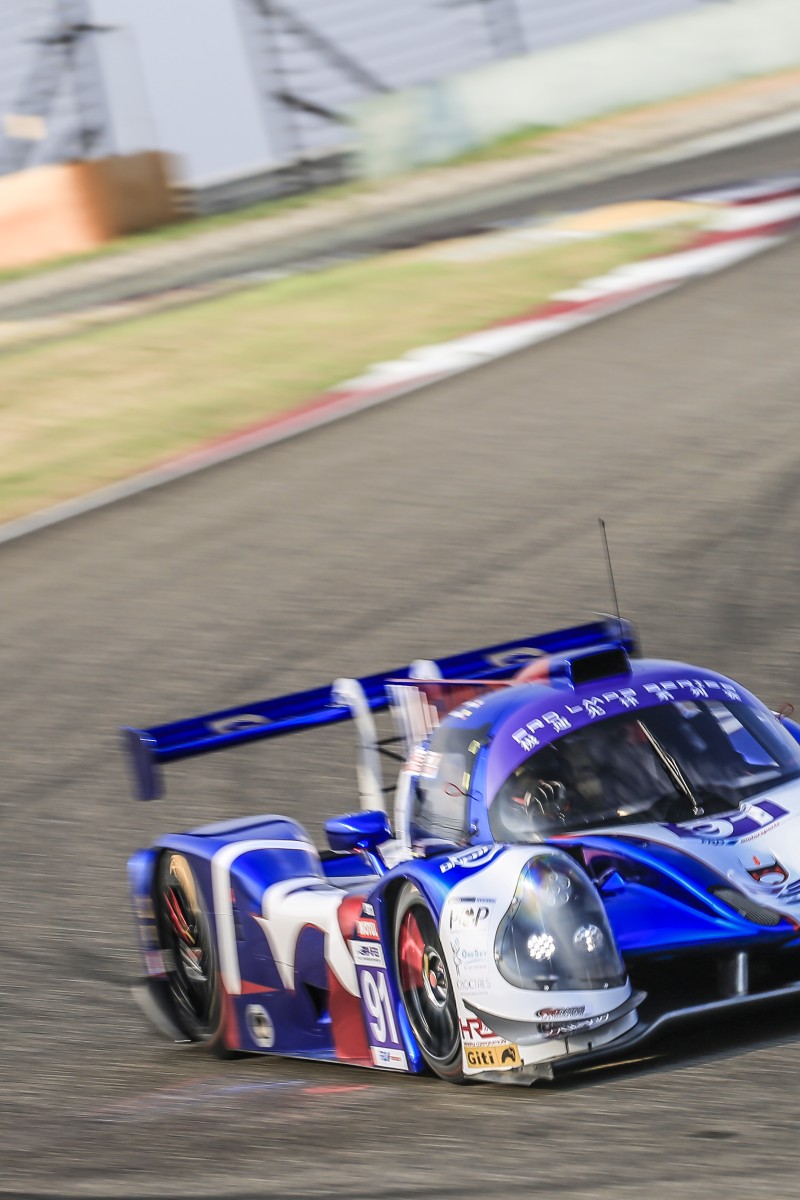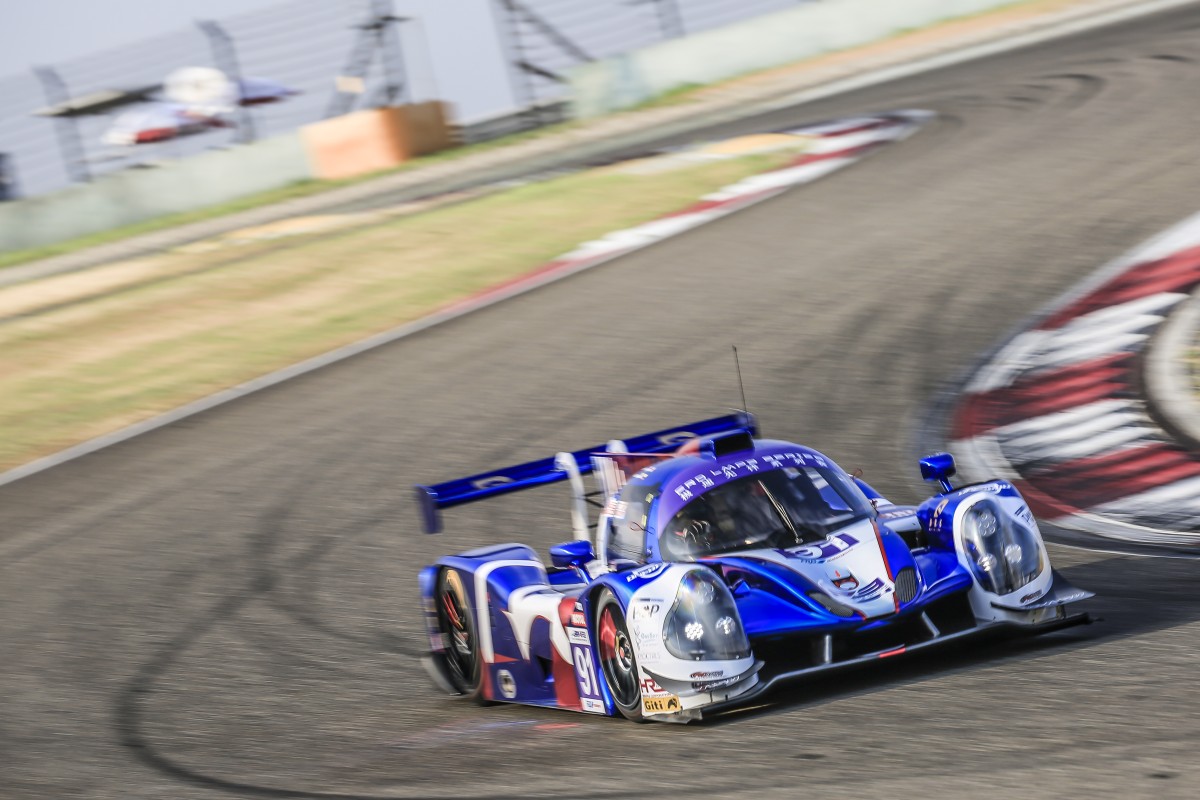
He may have been born and raised in Britain, but the moment professional race car driver Dan Wells landed in Hong Kong, he fell in love with the city and claimed it as his true home
 Accidents may happen, but Wells says you're safer in an F1 car than in a regular taxi.
Accidents may happen, but Wells says you're safer in an F1 car than in a regular taxi.British racing star Dan Wells moved to Hong Kong in April, 2012, with no money and no income – just the dream of becoming a professional race car driver.
“People told me I was crazy,” Wells said. “To become a professional racer, you need a lot of money; literally millions of dollars through sponsorships. I came here with absolutely nothing. My dream of becoming a race car driver was like wanting to become an astronaut.”
Wells was able to raise some sponsorship money through online platforms like Twitter and Gofundme. This online networking made him a well-known social media personality, and helped earn him a spot on the Hong Kong-based racing team KCMG (KC Motorgroup Ltd). The day Wells landed in the city, he signed a HK$1 million contract for six races – which meant he needed to raise enough money for each of them before he could get on the track.
“Without Hong Kong I wouldn’t have a career,” explained Wells. “This city is just so small and diverse; I can walk into a bar and meet the manager of a hedge fund worth millions. Some of my biggest sponsorships have come through meeting people in bars or at the gym.”
After a few difficult years, in which he struggled to find enough money, Wells’ career started to take off. In 2015, he won 11 consecutive races including the 2015 Asia Formula Renault Championship. In 2016, he won the Sepang 12 hour GT4 race run by Aylezo Ecotint Motorsport. He is now racing for a new team, Eurasia Motorsport, and he will be participating in the FRD LMP3 Series at the Shanghai International Circuit this weekend.
Although Wells was born and raised in Britain, he considers himself a true Hongkonger.
“I love Hong Kong. I felt, from the moment I stepped off the plane, this was more my home than the UK ever was. I race under a Hong Kong license; I have a Hong Kong flag on my car and on my helmet. I feel very much like this is my home.”
However, he added that being a racer in the city has its challenges. “Most people in Hong Kong associate racing with horse racing, not motorsports,” he said. “Not a lot of people know about racing because there’s not a lot of space, so it’s difficult to do properly.”
Additionally, Wells said, many people don’t realise how physically demanding the sport is. “They think that driving a Formula car is like driving on the road. There is an incredible amount of gravitational force that travels through your body [while racing]. For example, you have to do a lot of training just to avoid breaking your neck on sharp turns.”
Another overlooked factor is the obscenely high temperatures racers have to endure. For his new team, Wells races in a FRD LRP3 series car. “The easiest way to describe [the car], is it looks like the Batmobile from the Batman comics,” he said. “Inside, it can reach temperatures of up to 65 degrees Celsius. As a driver you are also wearing your helmet, your race suit, and fireproof underwear. The driving itself is very physical too, and your heart rate rises to around 185BPM [beats-per-minute].”
To train for all of this, Wells goes to the gym for strength and conditioning training, commits himself to intensive cardiovascular training (while wearing three layers of clothing) and spends 45 minutes per day inside a sauna.
Surprisingly, Wells said he doesn’t spend much time on the race track. “Pretty much all of the practice takes place on simulators. My teammates and I go to some in Kwun Tong and Clearwater Bay. The simulators replicate the tracks and the driving experience perfectly. Their accuracy is incredible.”
All that practice doesn’t result in perfect driving though – Wells has had three “big smashes” over the course of his career. “One time I did a barrel roll three times before landing upside down. That wasn’t too pleasant,” he recalled. However, he went on to explain that racing is, in fact, one of the safest forms of sport in the world.
“A lot of Hong Kong parents have this idea that the sport is dangerous,” he said. “Doing a barrel roll is like being inside a washing machine; there’s nothing that can actually hurt you. The cockpits are exceptionally safe; there are head and neck systems designed to keep our heads in place. It’s far more dangerous getting into a taxi – being inside a Formula 1 car is actually one of the safest places you could be in the entire world.”
Hong Kong had its first major motorsports event last year with Formula E – The Electric Street Racing Series 2016, in which Wells acted as a guest commentator. He said he will be commentating on this year’s Formula E competition as well. “Motorsports is growing more popular in Hong Kong. My job of educating people about the sport has been made easier with the introduction of Formula E here.”
For aspiring racers and any young person with a dream,Wells had this to say: “The world doesn’t owe you anything. The world doesn’t owe you a job, and it doesn’t owe you a living. You have to work for all of it.”
So, learn as much as you can and stay positive. If you have the will to do something, if you have a dream, don’t let your parents tell you that it’s not possible. It is possible.”
Finally, he added you can’t be afraid to take a leap of faith. “I’m a big believer in jumping out of a plane and building a parachute on the way down.”
Edited by Ginny Wong